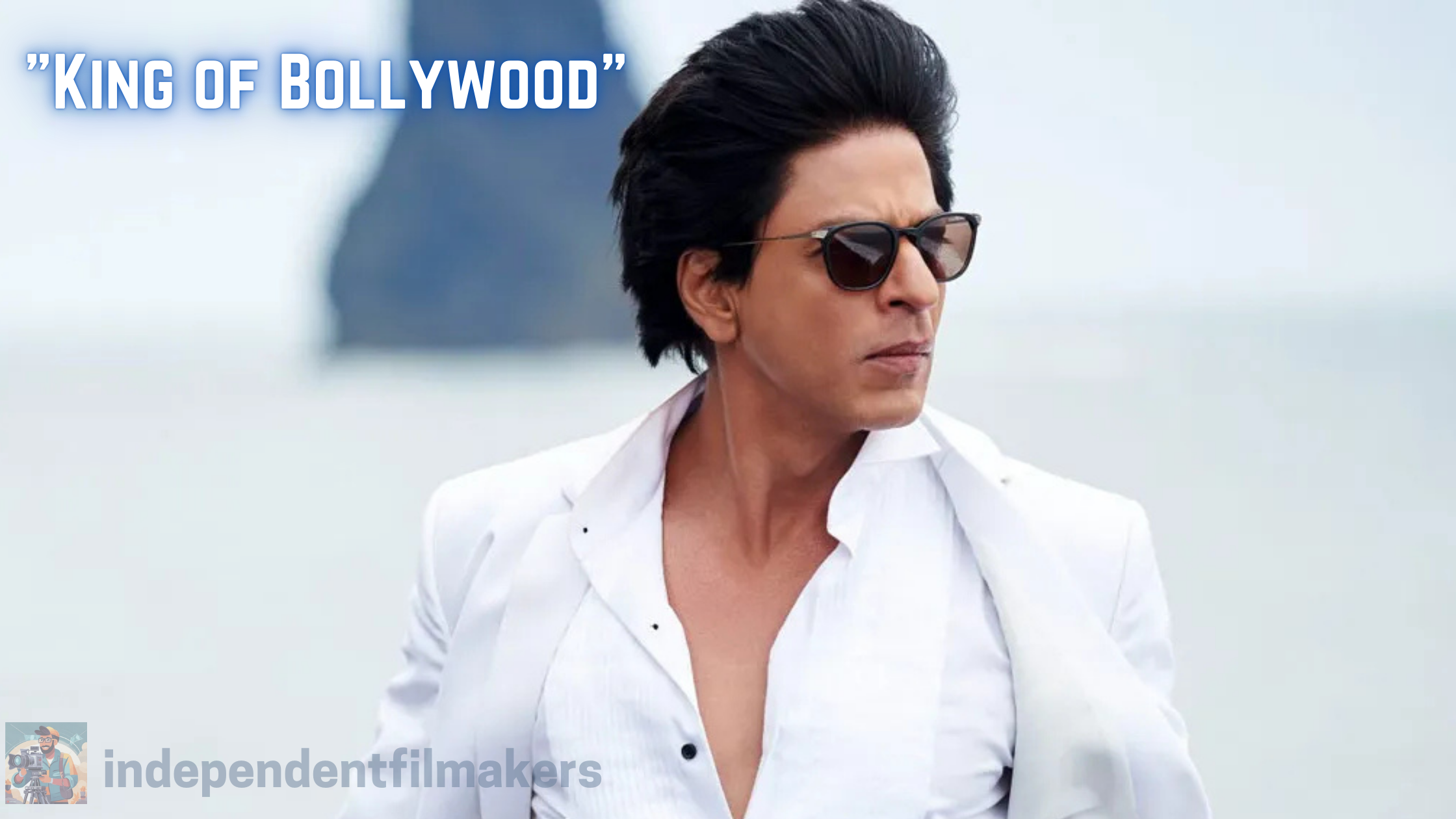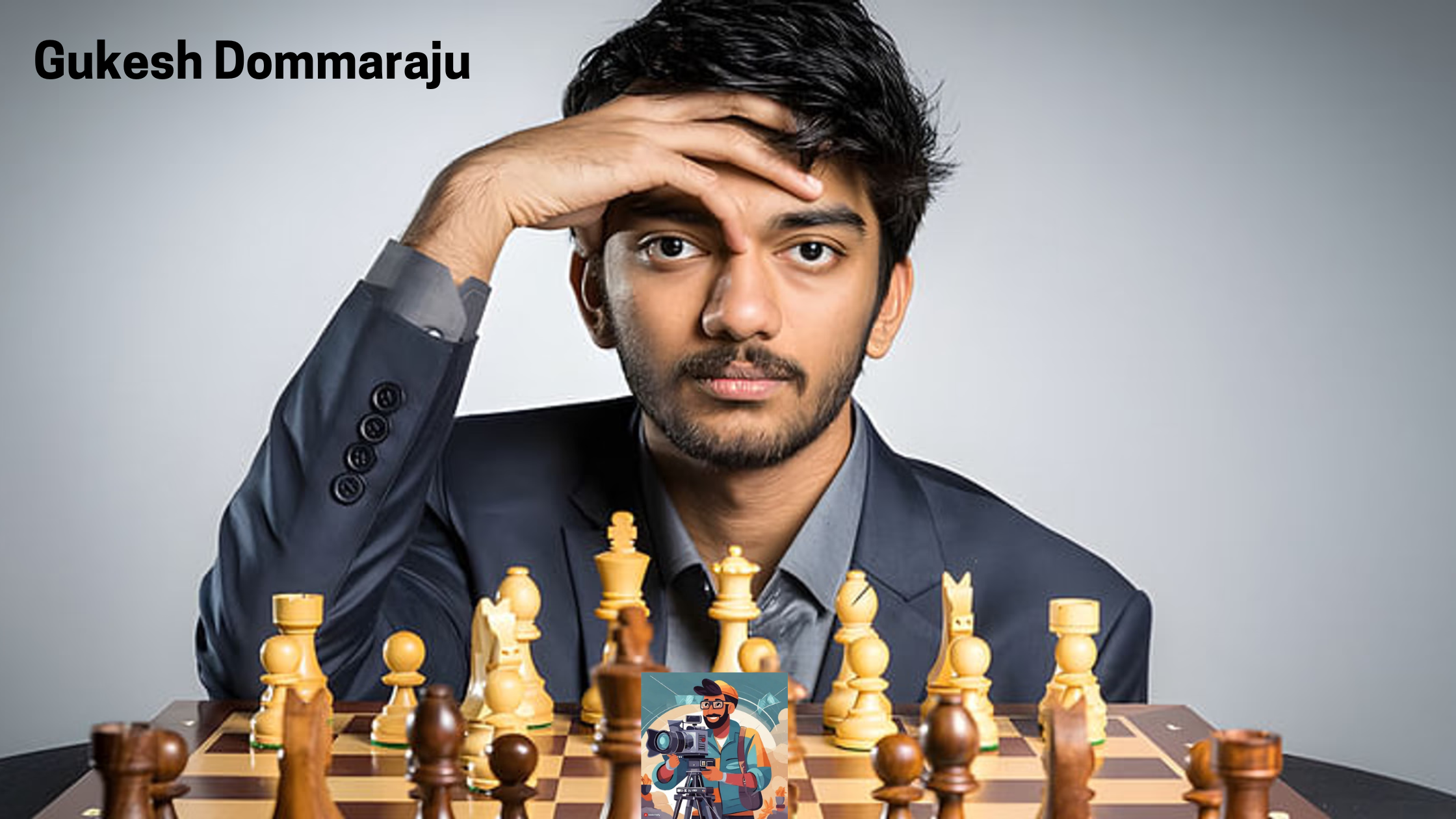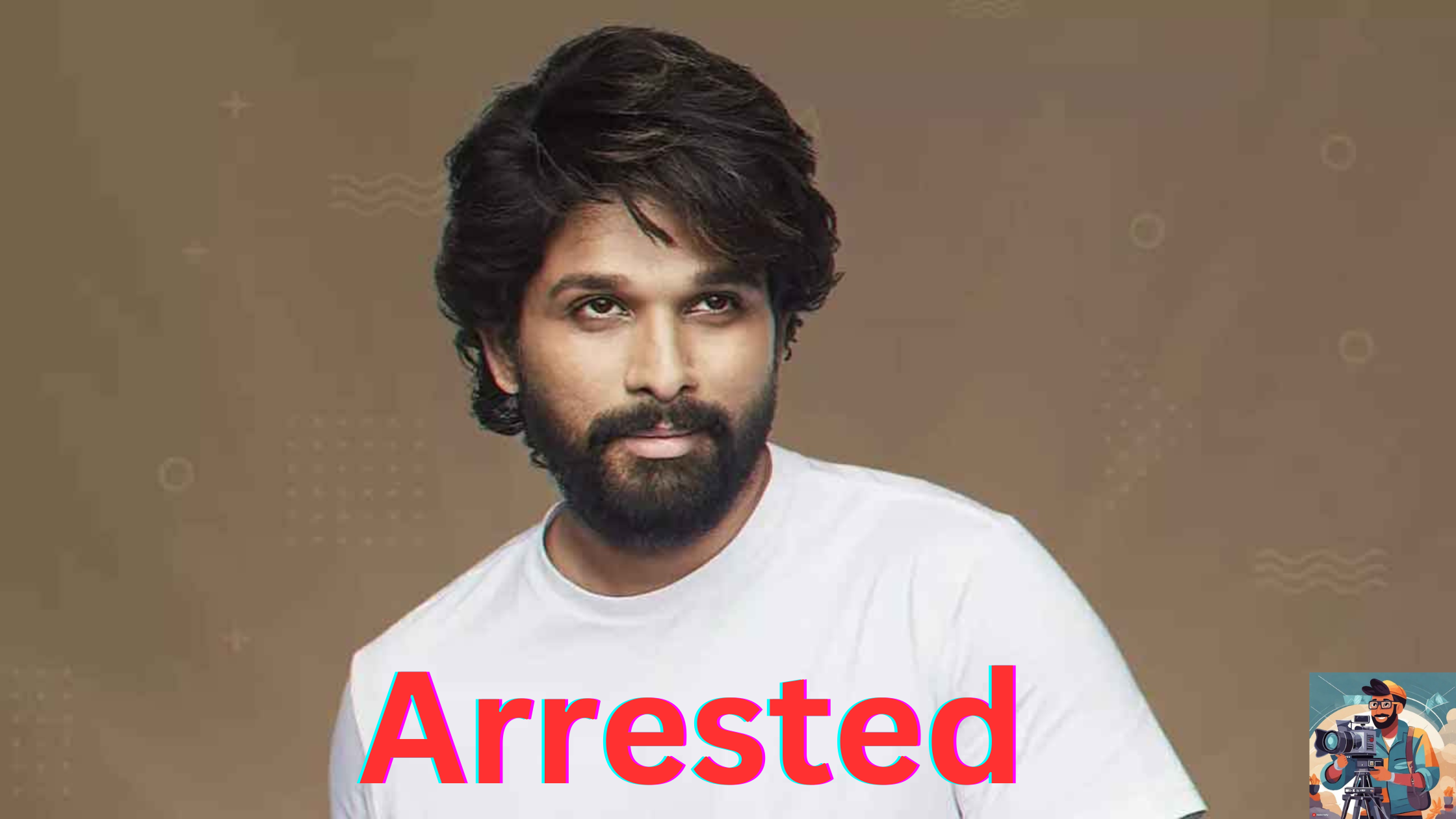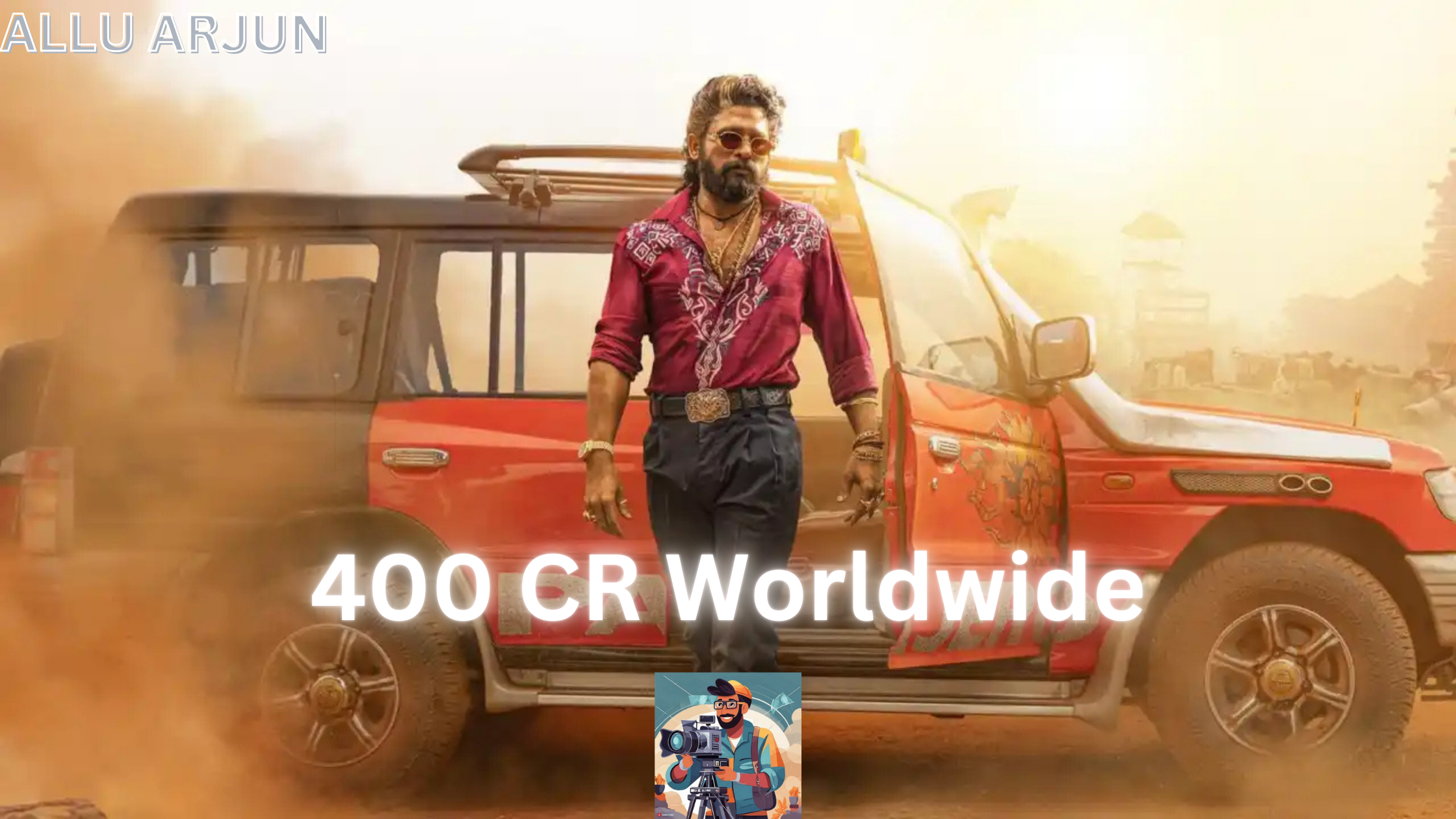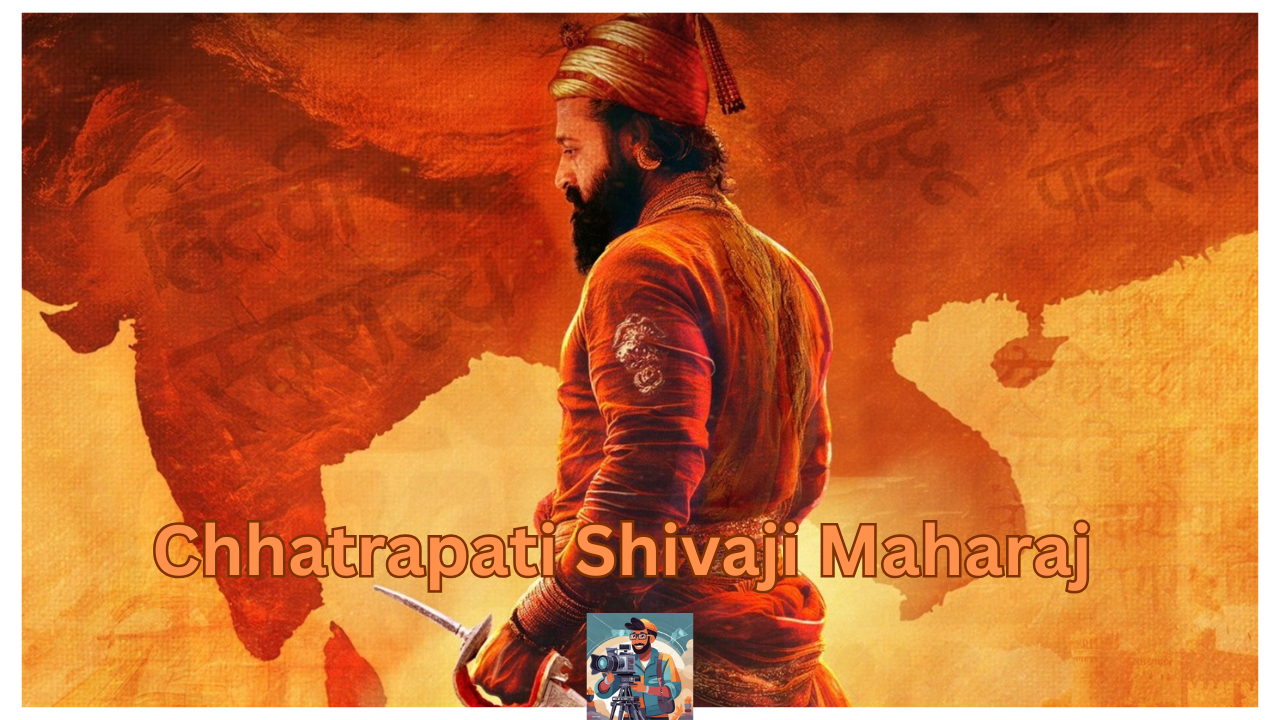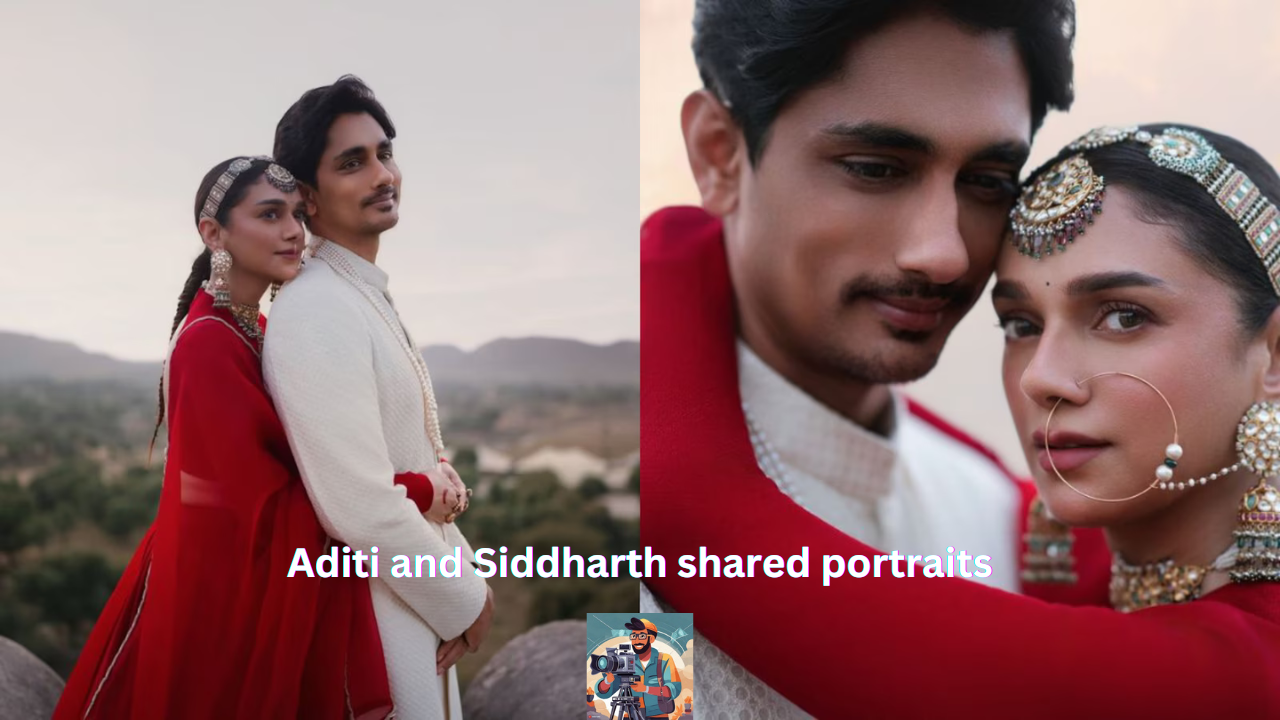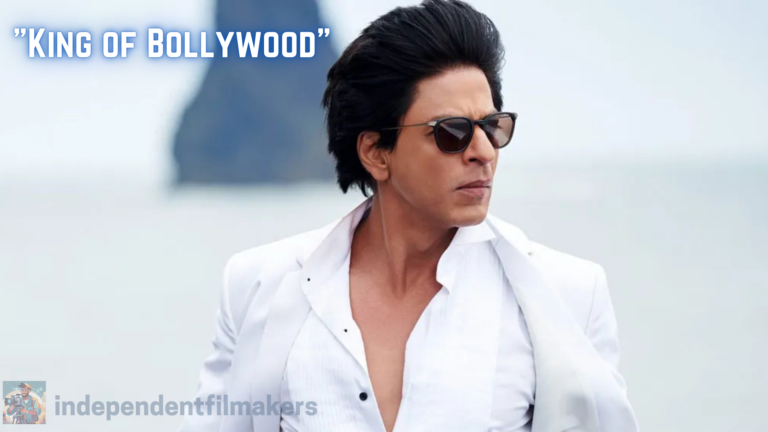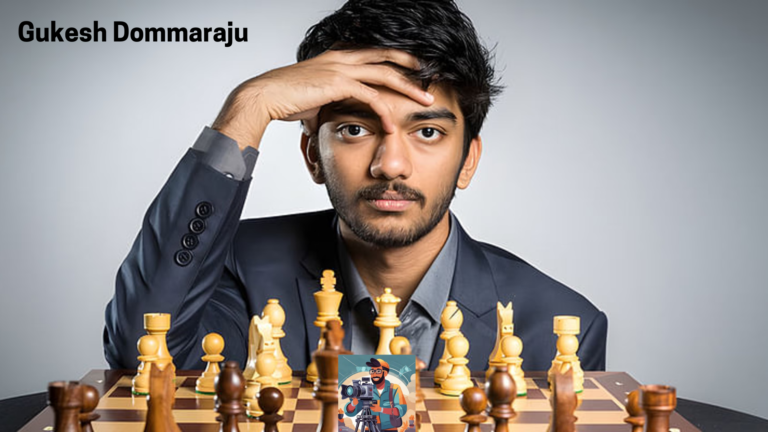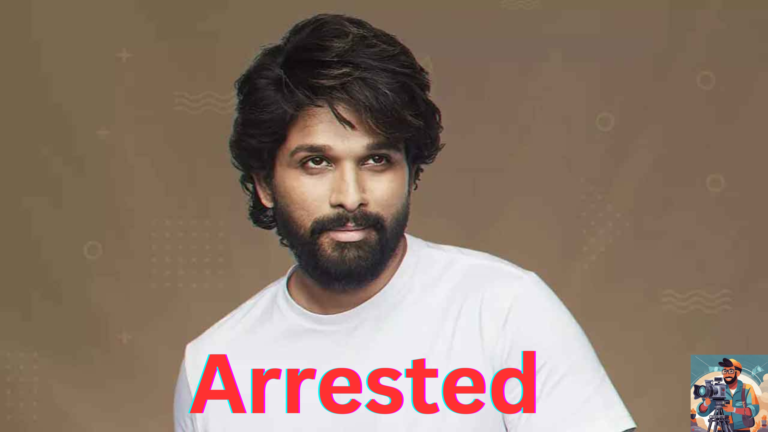On Diwali night, Saiyami Kher visits her coach Abhishek Bachchan to extend her wishes and encourages him to celebrate. In response, he challenges her to bowl in torchlight while dressed in a saree. She accepts the challenge and excels. This beautifully crafted scene exemplifies pushing one’s boundaries, a theme echoed throughout Ghoomer. The film is replete with such exhilarating moments, from practicing on a makeshift pitch in the backyard to competing in a stadium in England. Ghoomer delves deep into a world where passion meets practicality, delivering a poignant narrative on the strength of self-belief and resilience. It serves as both an inspiration and empowerment, resonating profoundly with its audience.
Director R Balki wastes no time in delving into the journey of Anina (played by Saiyami), a cricketer with aspirations of making it into the Indian National Women’s Cricket team. However, just as she achieves her dream of selection, fate intervenes harshly. Days before departing for the tournament, a tragic accident costs her right arm. Devastated and on the brink of despair, she contemplates suicide until Padam Singh Sodhi, also known as Paddy sir (portrayed by Abhishek), a former cricketer turned alcoholic, unexpectedly enters her life. The next day, she seeks him out, determined to find redemption in life, in her sport, and in victory. Ghoomer chronicles her transformation under Paddy’s guidance, from a batter to a left-arm bowler, unfolding a story of resilience and second chances.
Robust writing and straightforward screenplay
The narrative of Ghoomer draws inspiration from the real-life tale of a late athlete who overcame a devastating hand injury to achieve two Olympic gold medals. Co-written by R Balki alongside Rahul Sengupta and Rishi Virmani, the film deeply resonates with empathy. Through strong writing and a straightforward screenplay, Balki skillfully fosters a connection between the audience and his characters. Whether depicting Anina’s struggles or Paddy’s despondency, the film evokes empathy effortlessly. Despite Anina’s challenges eliciting a sense of helplessness, Balki avoids portraying her as pitiable, a choice that resonated with me.
In another poignant moment, Paddy delivers an emotional monologue, reflecting on his brief cricketing career that never allowed him to taste victory. His longing to understand the essence of winning strikes a deep chord, resonating powerfully. Later, the scene where he reverently handles his worn-out shoes and grimy jersey poignantly speaks of unfulfilled aspirations in life. Balki effortlessly channels these emotionally charged sequences to touch the hearts of the audience.
Additionally, I appreciate how Balki deftly intertwines humor with poignant emotions. This is evident in the commentary box banter between Amitabh Bachchan and the Australian commentator during the match. Likewise, the scene in the stands where Shabana humorously insists the England coach sit down and not block her view while everyone dances to the Ghoomer step adds a layer of light-heartedness amidst the drama.
At 2 hours 20 minutes, Ghoomer maintains a brisk pace and rarely feels sluggish. Among its themes, Balki addresses gender equality, discrimination in sports, the importance of education, and the influence of superstitious beliefs. Vishal Sinha’s cinematography stands out, particularly in his visualization of the cricket scenes. From sweeping aerial views of the stadium to dynamic shots panning between the stands and the pitch, Sinha captures the essence of Ghoomer beautifully.
Ideal casting
The film also excels in its casting choices and performances. Abhishek delivers a stellar performance, showcasing his versatility and commitment to nuanced and eccentric roles. He fully embodies the role of Paddy, portraying both ruthlessness and vulnerability with conviction. His portrayal, especially in the drunken scenes, evokes memories of his father, Amitabh Bachchan, known for similar character depth and range. This legacy adds a layer of richness to Abhishek’s performance in Ghoomer.
Saiyami delivers an equally outstanding performance in a physically demanding role, embodying her character with remarkable authenticity. It’s hard to imagine any other actor portraying Anina as convincingly as Saiyami does. Her portrayal is marked by unparalleled conviction and confidence, commanding every frame she appears in. While her background in cricket undoubtedly enhances her performance, it’s noteworthy that as a natural right-hander, her dedication to mastering left-handed bowling for the role is commendable. Whether skillfully chopping in the kitchen or diligently preparing her backyard practice pitch, Saiyami’s attention to detail shines through. Her bowling sequences, captured in slow motion with her curls flowing gracefully, resemble poetry in motion.
Kabir Khan Reimagined
Abhishek and Saiyami share a comforting and delightful onscreen chemistry that lends power to their scenes together. Paddy’s unconventional coaching methods, like inventing the Ghoomer bowling style to help Anina overcome her challenges, evoke shades of SRK’s Kabir Khan from “Chak De! India,” who pushed his team to new limits.
Shabana Azmi’s portrayal is heartwarming, especially in her role as Anina’s cricket-savvy supporter. However, her character’s depth diminishes in the aftermath of Anina’s accident, impacting her contribution to Anina’s bowling preparation. A humorous moment arises when Saiyami informs Shabana about her team selection, and Shabana jokingly responds with, “We are followers of Federer; we don’t show emotions.” Anina’s boyfriend, Jeet (Angad Bedi), provides solid support with a restrained performance, avoiding melodrama.
Rasika (Ivanka Das), Paddy’s transgender sister, adds a refreshing dynamic to the cast, primarily serving as comic relief while subtly promoting inclusivity. Amitabh Bachchan’s cameo is a highlight, delighting audiences with his poetic dialogues and witty one-liners. Balki adeptly utilizes Big B’s screen presence to charm viewers in every scene he appears.
After all is said and done, one aspect that puzzles me in many sports films is why it typically requires a failed athlete to inspire another player to recognize their potential and value. Why can’t someone else’s success story also serve as similar motivation and encouragement? Nonetheless, Balki’s Ghoomer provides a fairly convincing backstory for Abhishek’s character that requires less questioning and more belief in what unfolds on screen.
There’s also one particular line — “Pichle over ke nrityakala ke baad wapas cricket” — uttered by a commentator regarding Anina’s Ghoomer bowling style, which bothered me slightly. I truly wish it hadn’t been included in the script as it seems to contradict the whole essence of Ghoomer and diminishes the impact of the innovative bowling style that left everyone mesmerized.
Ghoomer captivates with its inspiring narrative, compelling screenplay, outstanding performances, and a seamless integration of entertainment and meaningful themes that evoke pride and fulfillment. A wholesome family entertainer best enjoyed on the big screen, the film excels in every aspect, delivering a satisfying experience without fail.


